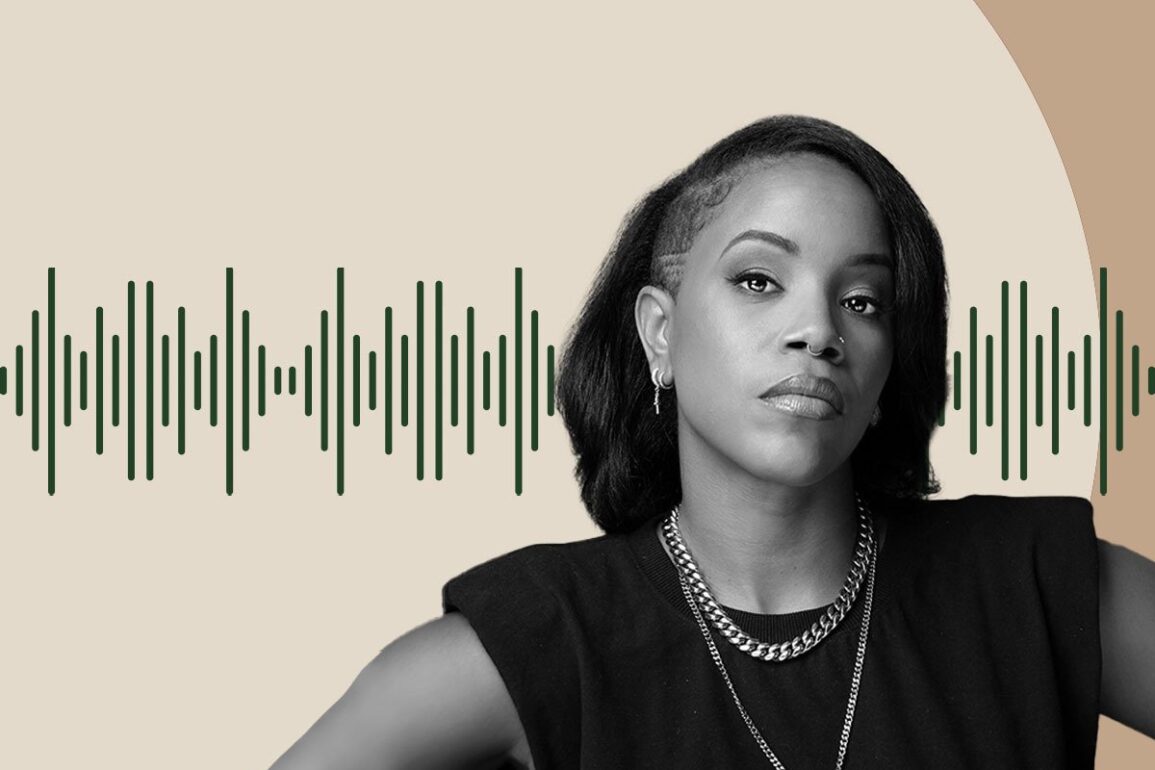
The following is a transcript of the video above, from our webinar “Remaking the Economy: A Policy Vision from the Movement for Black Lives.” View the full webinar here.
When it comes to even repair and what Black people need, people have so many different definitions on what reparations is for Black people. But there are key elements that must happen. Here are three of them.
One is resources, like land and money.
The other is policies and programs. People have all kinds of areas where they want policies and programs; it can be wealth building, education, housing, [the] criminal-legal system, environment, health, employment, democracy, so many different things.
The third one is the most dubious [to achieve] of them all, and that’s the end to the anti-Blackness.…That is the most dubious, because this country is built on anti-Blackness. It’s inherent in our systems. Even today, the FBI just came out with a report: the top survivors of hate crimes are African Americans. Black people, but specifically African Americans in this country. [But] there is no “stop the anti-Black hate.” We don’t see those campaigns anywhere, because of the insidiousness of anti-Blackness in this country, and how inherent it is!
Sign up for our free newsletters
Subscribe to NPQ’s newsletters to have our top stories delivered directly to your inbox.
By signing up, you agree to our privacy policy and terms of use, and to receive messages from NPQ and our partners.
The goal is not to get what White people have.
I wouldn’t say there’s a policy that we should do or we should be pushing. We should be learning history, and you should be developing your analysis, particularly on race. As Rahel [Tahek] talked about, participatory budgeting is a tool, racial equity impact assessments are tools, racial equity action plans are tools. There are tools everywhere….But the whole point of whatever it is that you’re trying to decide—policy, decision, procedure, practice—is to run it through that tool and have an analysis, because the whole point of these tools is to find out who’s going to benefit and [who]’s going to be burdened by that decision, policy, procedure, and practice. Oftentimes, it’s going to be Black folks who are going to be burdened, with a benefit or an advantage to White folks. That’s just the way the system is created. That is structural racism.
We’re asking you to develop that analysis so you can figure that shit out yourself. We’re saying, when you see who’s gonna benefit and who’s gonna be burdened, and when you see that it’s gonna be BIPOC folks and Black folks, then you redo that decision. That’s it! Develop your own analysis, particularly on race, because that’s how it operates in this country and in this context.
We’ve got to be able to dream the alternative.…The goal is not to get what White people have. That is not the goal. That goes to visioning, and that construction, and that radical imagination of a world that could be. And it’s probably going to be like, the secret is going to be in Afrofuturism. So go pick up some books, particularly Octavia Butler.


